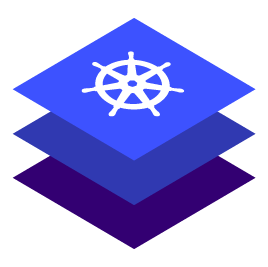MLflow Tracking
Use MLflow Tracking with Kaptain
Kaptain comes pre-configured with MLflow Tracking, which you can use to collect, track, and analyze metadata for your AI/ML models and experiments. While Kubeflow Pipelines also supports metadata tracking, MLflow Tracking has the ability to be used directly in your notebook where you build your model. With MLflow Tracking, you are able to:
Log and analyze metadata related to experiments in your notebooks
Package model code and share it with other data scientists or transfer to production environments
Manage and deploy models from ML libraries to model serving and inference platforms
Prerequisites
You have launched a Jupyter notebook with Kaptain. (Using another notebook would require you to build a custom image for this purpose)
If you decide to use your own custom image or an image not provided by Kaptain to run a distributed training job, create an image following the recommended container image creation steps. Also, ensure MLflow has been installed in it.
Optional: If you are using SDK, you have set up Kaptain SDK for your desired training framework.
Set up MLflow
MLflow is available by default in the images provided with Kaptain. You do not need to download, nor install it.
To use Kaptain’s MLflow tracking server from an image that is not part of Kaptain’s distribution, nor a child-image of one, the image should have MLflow Python SDK installed on it and the environment variable should be set as:
MLFLOW_TRACKING_URI=http://mlflow-tracking-server.kubeflowUse MLflow
For more information on how to use MLflow Tracking, refer to the MLflow documentation.
If you want to see an example of how to log SDK metrics in MLflow, refer to the Log and Hyperparameters Metrics to MLFlow tutorial.
